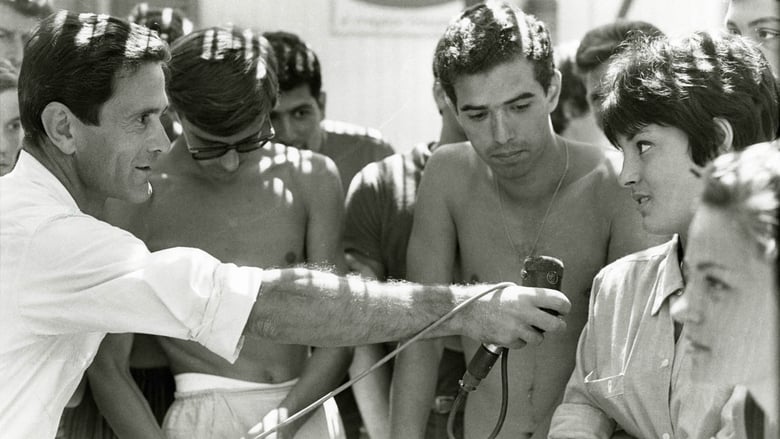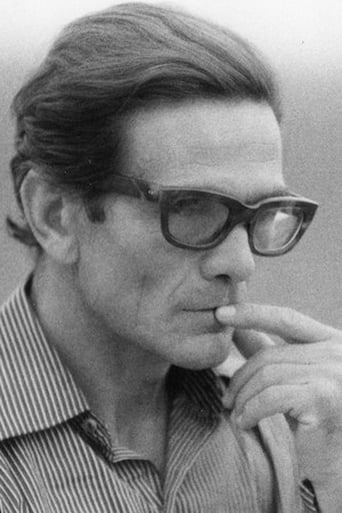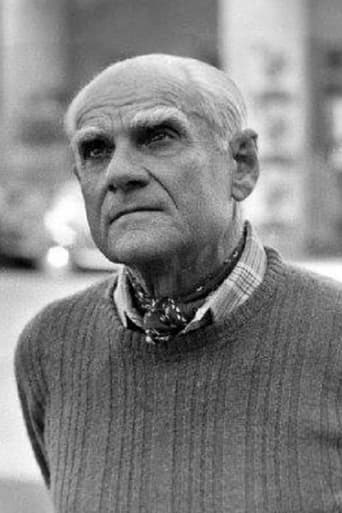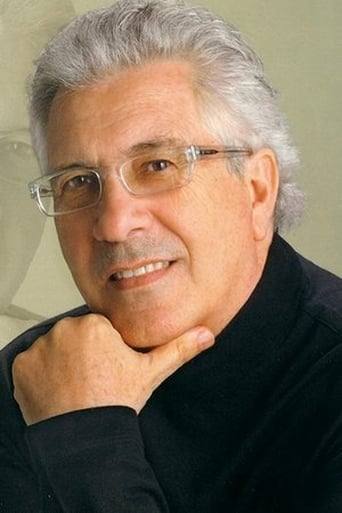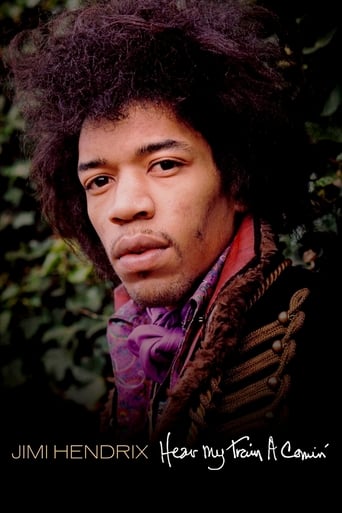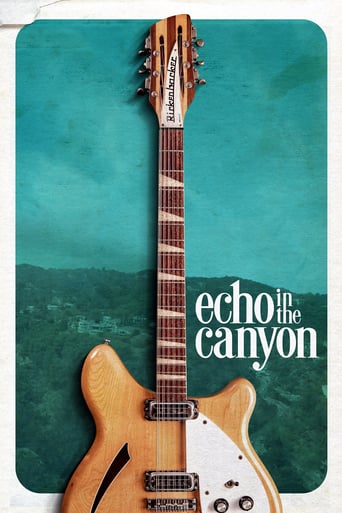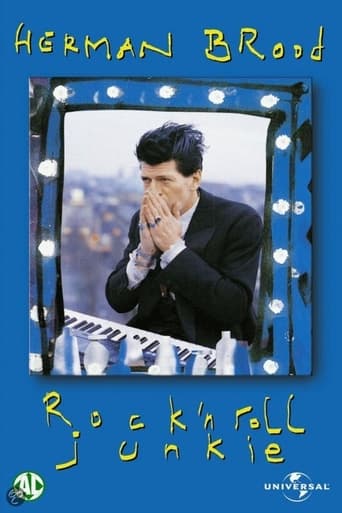Love Meetings (1965)
Pier Paolo Pasolini sets out to interview Italians about sex, apparently their least favorite thing to talk about in public: he asks children if they know where do babies come from; asks old and young women if they support gender equality; asks both sexes if a woman's virginity still matters, what do they think of homosexuality, if divorce should be legal, or if they support the recent abolition of brothels. He interviews blue-collar workers, intellectuals, college students, rural farmers, the bourgeoisie, and every other kind of people, painting a vivid portrait of a rapidly-industrializing Italy, hanging between modernity and tradition — toward both of which Pasolini shows equal distrust.
Watch Trailer
Free Trial Channels
Cast


Similar titles
Reviews
Good start, but then it gets ruined
Fanciful, disturbing, and wildly original, it announces the arrival of a fresh, bold voice in American cinema.
It really made me laugh, but for some moments I was tearing up because I could relate so much.
It is interesting even when nothing much happens, which is for most of its 3-hour running time. Read full review
Saw this beautifully preserved/restored print, with subtitles, via YouTube. Pasolini, with his reputation for political and every other form of radicalism, seems inhibited here, even in the discussion segments with Alberto Moravia and Cesare Musatti. The man-and-woman (and children, students)-in-the-street-and-on-the-farm interviews seem dated, probably since the interviews were conducted on the cusp of major changes in marital and family laws, policies, sexual attitudes in Italy and elsewhere. While no groundbreaking documentary, it's still a fascinating document of the time and place. A more daring and cinematically imaginative treatment of similar themes is found in, of course, "I am Curious (Yellow)"(1967) and "I am Curious(Blue)"(1968), directed by Vilgot Sjoman (a former UCLA film student). In those days there were things you could do in Sweden, albeit with censorship problems, that were simply impossible in Italy, period.
Pasolini's Comizi D'amore (also known as "Love Meetings") is an interesting documentary. It's execution is modest and admirable: Pasolini, equipped with a microphone, interviews the 1960s public of Italy - ranging from children, teenagers, parents and the elderly to gain a representative perspective - focusing his questions on the subject of sex. Specifically, questions about birth - if the children interviewed understood where babies came from; sexual relationships and marriage - i.e. do sexual issues disappear with marriage; prostitution; gender differences; homosexuality; sexual diseases; etc. These questions and their overall theme attempts to illustrate how Italy, during the 60s, was conservative in their views on sex.The research his film presents is admirable and thorough, as Pasolini interviewed many people from the public around Italy, providing answers that vary depending on location; the north of Italy proving to be more open to sex while the south of Italy was indicating more conservative views. Although the film might not be particularly representative of Italy in the present day, the film does provide an intriguing source for comparison: how the present day view's on sex have changed from the views held in the 1960s.Pasolini's interviewing technique shows signs of sensitive delivery, making sure his questions are never worded awkwardly, never creating discomfort, while also improvising follow-up questions almost instantly to elaborate on an interviewee's response; for the short time these interviewee's are on screen, Pasolini makes sure to get the most out of them. Quite playful at times, this is an intriguing and honest film where views of 1960s youth culture and conservatism are collected - it's definitely an intelligent examination of the 1960 Italian public's views on what is still considered a taboo subject.
Pier Paolo Pasolini always has a streak of the documentary filmmaker somewhere in his body of work, where he usually went for expressing his poetic viewpoint on the lower classes (i.e. Mamma Roma) and, later on, the dark fables and tawdry tales of Oedipus Rex and Arabian Nights. If Love Meetings, his only straight documentary feature, isn't completely impressive it may be because in the little moments when he tries for something poetic, oddly enough, like in the numbered transitions, it doesn't really work as well. Those little bits come off as dated 60s stuff. On the contrary though when Pasolini simply takes to the street with a 16mm and a microphone and asks people directly about sex and women's roles and homosexuality and fidelity and freedoms related to all of the above then it gets really interesting. In fact, for a movie relegated to Italian cities and countrysides, with sound-bytes from across the spectrum from college kids to professors (and author Alberto Moravia early on) to farmers in the fields, and done so on the fly and in classic cinema verite style, it doesn't usually feel very old fashioned.Much of what's discussed and dug up by Pasolini (who reveals himself wonderfully here as a solid journalist, something I would have liked to have seen more of in his career after seeing this) can be relatable for today's youth, if only as a cohesive set of opinions and viewpoints and occasional factoids on standards set between men and women and privacy and liberation and so on. To be sure some of it is stuck in its time and place (practically all of the children asked "Where do babies come from?" say the stork, or something involving God or other). But a lot of it is so absorbing because of the generous flow of ideas- it's a wonderfully edited piece, as sometimes crudely constructed as it is, which is part of the point as a true independent production- and Pasolini's determination to get as much as he can at the heart or whatever at sexual relations and societal norms and what's changed over time in Italy and if there can be any more change in the future. It's probably the most obvious example from the director to screen in a sociology class. 8.5/10
Comizi d'amore (1965) *** (out of 4) Pasolini travels around Italy throwing a mic into various ranges of people asking frank and honest questions about sexuality. Various topics ranging from homosexuality, prostitutes, divorce, sexual freedom and even asking kids where babies come from. The type of people range from college students to the rich and poor and to women who normally can't speak openly. I'm sure this film was more of a sensation when originally released but I think it holds up quite well today for several reasons. For one, it's interesting to look back over forty-years ago and see how young people at the times thought about sex but also how the older people back then looked back on the moral and religious rules of their youth. The film also holds up well today because things really haven't changed too much whenever you really break down the groups of people like Pasolini did. I'm not sure is there was a point to this documentary as it seems like the director simply wanted to know what the country felt on certain issues. There's a lot of humor to be found in the film but most of this comes from the answers the children give about where babies come from. The most interesting thing, knowing that the director was gay, is him asking people about homosexuality and the answers they give him. Most people reply with disgust and I kept wondering if the director would crack and say something but he never does. I think the film goes on a bit too long but it's an interesting look at sexuality on moral and religious aspects.


